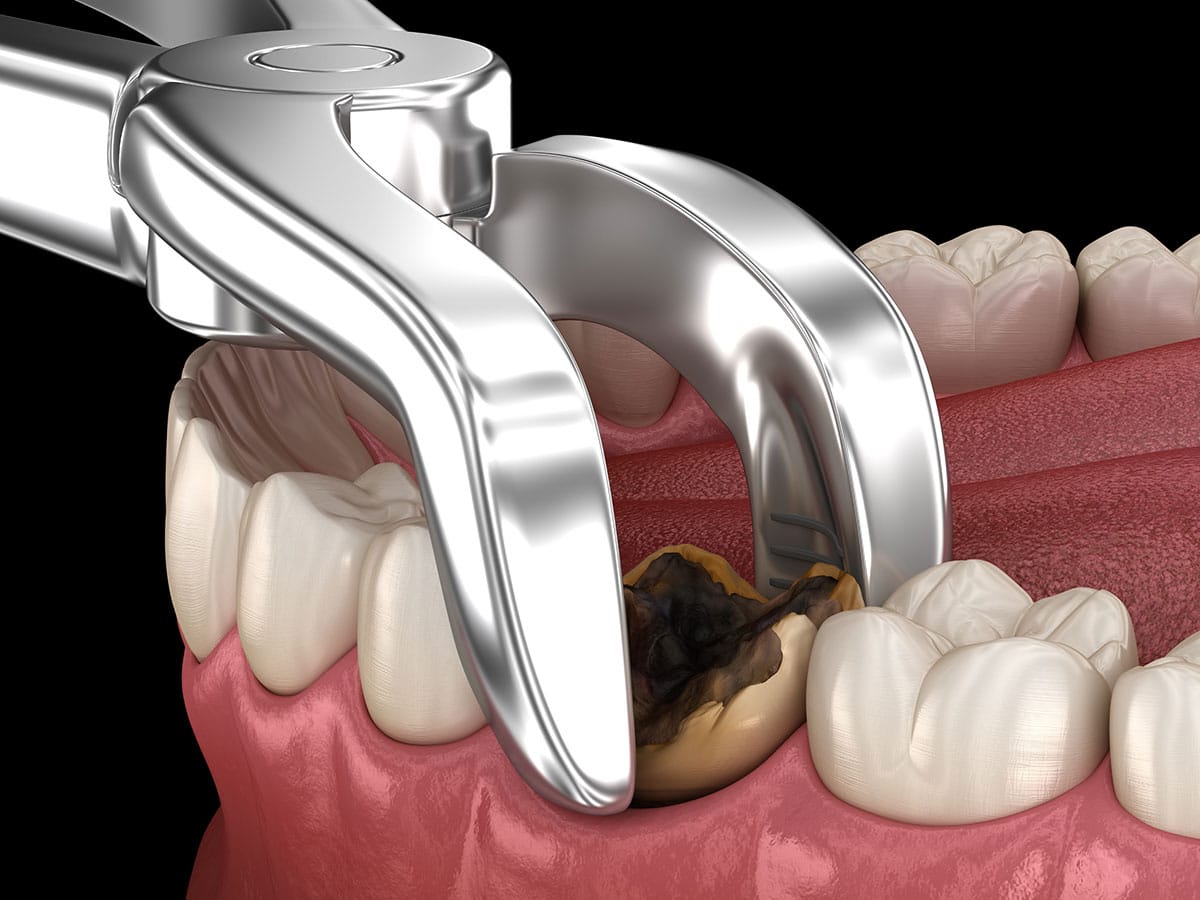
Wisdom teeth, also called third molars, are the last teeth to emerge from an adult’s full set of teeth. These teeth aren’t generally straight when they’re born. Dentists call these impacted wisdom teeth when this happens.
What are the Impacted Wisdom Teeth?
Wisdom teeth can sometimes appear sideways, at an unusual angle, or only partially. Wisdom teeth that are not properly positioned might cause pain and damage to nearby teeth. In this case you can visit Apollo Dental Clinic in Pune and get your teeth problem sorted. The angle and position of wisdom teeth make them sensitive to sickness and bacteria buildup, which can lead to infection and decay, even if there is no obvious damage.
What are the Symptoms?
A wisdom tooth that is impacted might create a variety of issues. Among them are:
What Causes Bad Breath?
There can be many different causes of bad breath, and the most common ones are:
- Pain in the gums or jaw
- Infection
- Cysts damage to adjacent teeth
- Tooth decay
- Gum disease
- Swollen gums
- Pressure
- Discomfort
If you are experiencing any of the above symptoms, visit Apollo Dental Clinic in Pune.
Causes of Impacted Wisdom Teeth
Impacted wisdom teeth can grow in a variety of ways, depending on how they develop:
- Mesioangular impaction: This indicates that the wisdom teeth emerge from the back of the mouth at an angle.
- Vertical impaction: When the wisdom tooth does not break through the gum line, it is referred to as this.
- Distoangular impaction: This indicates that the wisdom teeth develop at an angle toward the back of the mouth.
- Horizontal impaction: The wisdom teeth will develop at a 90-degree angle into the roots of the molar next to it.
What to Expect at the Dentist
The dentist will take an X-ray of the entire mouth to see where the roots are located and how the tooth is growing. If surgery is required, an oral surgeon will remove the wisdom tooth.
Conclusion
Dentists refer to a wisdom tooth that does not emerge correctly from the gums as an impacted wisdom tooth. Pain in the gums and mouth, swollen gums, and general discomfort are all possibilities.
To help ease these symptoms, people can take pain relievers, rinse their mouth with saline solution, or use an antibacterial mouthwash.
Wisdom teeth that are impacted should be seen by a dentist, who may propose extraction. To avoid problems like dry socket, patients should carefully follow the dentist’s post-surgery advice.
Request an appointment at Apollo Dental, Pune Call 1800 1020 288 to book an appointment OR click on this link
Jaw discomfort and pain, swollen and red gums, a crowded feeling in the mouth, facial swelling, breathing issues are some of the signs.
According to anthropologists, wisdom teeth helped our ancestors chew coarse, rough foods such as nuts, roots, meats, and leaves.
The last molars were called wisdom teeth because they emerge at a later age.
The person does not lose anything because wisdom teeth are not required. Keeping wisdom teeth raises the chance of getting periodontal disease and infections.



















































